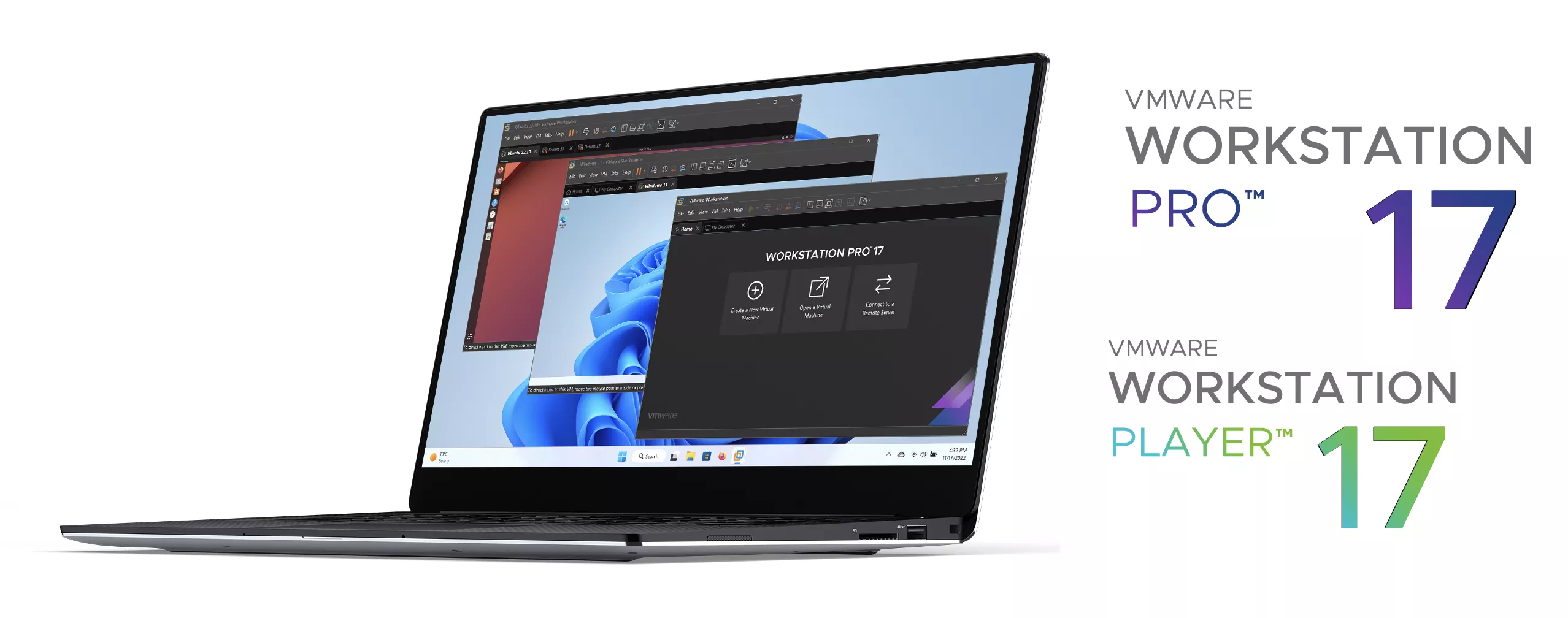In a nutshell: Users and customers of VMware products have one less reason to worry about the future after the Broadcom acquisition. The Workstation line of desktop hypervisors will not be discontinued, or “divested” as the voracious technology conglomerate likes to say, and users will be able to access their fair share of local virtual machines the same way they have done for the past few years.
Soon after completing the much-sought acquisition of VMware, Broadcom began laying off thousands of people and dismantling entire product units, such as the End User Computing (EUC) line. Fear and uncertainty are causing long-time VMware clients to worry about the future, especially considering that Broadcom has made it crystal clear that it aims to transition much of VMware’s business into a subscription-based model.
VMware managers have now provided some reassuring news about the fate of Workstation. According to Michael Roy, product line manager for desktop hypervisor products, Hypervisors will continue to exist, and Broadcom seems committed to the platform, both today and “into the future.”
Roy explained on VMware’s official blog that a new chapter is now beginning for Workstation. Users will continue to be able to purchase their favorite desktop hypervisor Workstation (Pro) applications in the same way they have been for the past few years. “Free for personal use” VM managers Fusion Player (macOS) and Workstation Player (Windows, Linux) will continue to be available as well.

VMware’s Workstation products offer IT professionals, power users, and companies the capability to run “hundreds” of 32-bit and 64-bit guest operating systems on local host PCs, without the need to pay for a cloud subscription. Workstation Pro/Player provides one of the fastest VM experiences on the market, with a specific focus on graphics performance that can change virtualized Windows environments into viable gaming setups – both on PCs and Apple Silicon-based Macs.
The type-2 desktop hypervisor embedded in Workstation shares the same code as the enterprise-class, type-1 native hypervisor ESXi, Roy explained, and they continue to mutually boost each other. Workstation enables ESXi to preserve an “immeasurable number” of scenarios and use cases, allowing VMware to assess new capabilities. Simultaneously, ESXi contributes to making Workstation the “leading desktop hypervisor,” leveraging more than 20 years of investment in enterprise reliability built into the platform.
VMware Workstation relies on a small team that has achieved great results despite facing “all kinds of challenges,” as Roy remarked, and it won’t be discontinued by the new Broadcom owners anytime soon. The VMware hypervisor platform will continue to boost with new virtual hardware capabilities, enhanced security features, and crucial updates to preserve new versions of Windows and Linux operating systems.

